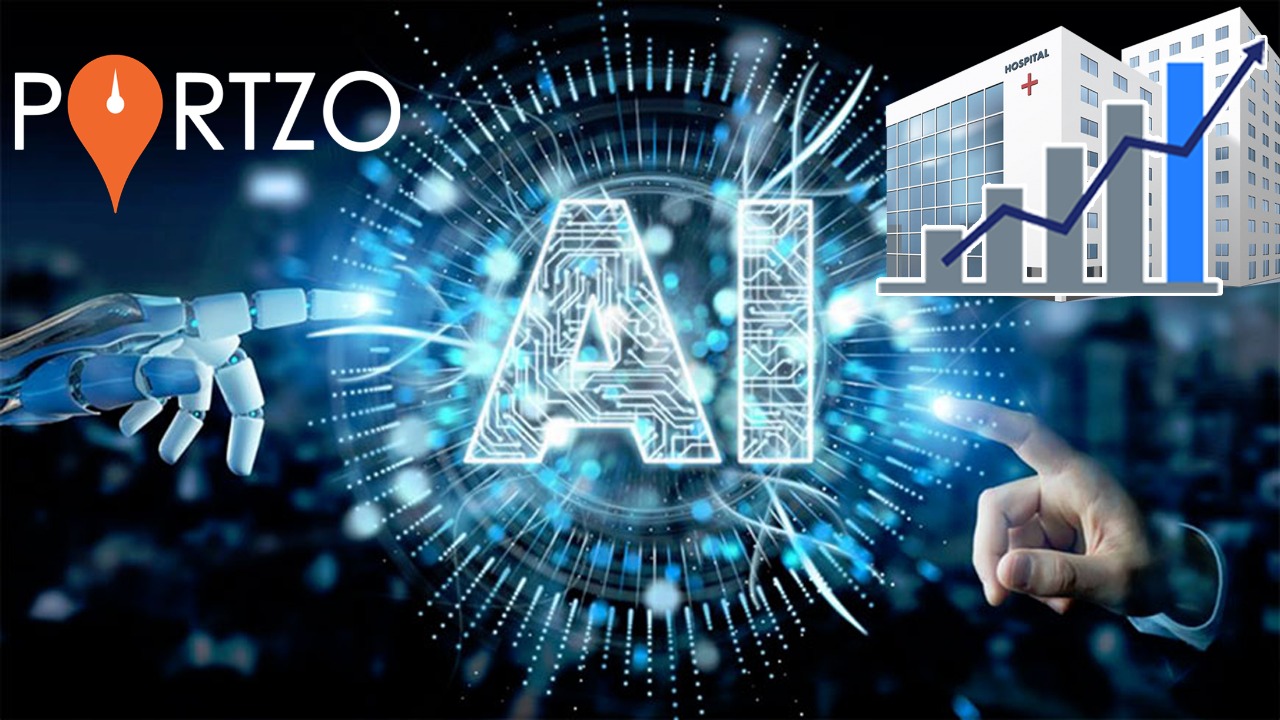Home / GENZO AI


ICEGEN launches “GENZO AI” which integrates Artificial intelligence technology to deliver
ACTIONABLE AI FOR IMPROVING HOSPITAL PERFORMANCE.
GENZO AI
As widespread use of AI in healthcare is relatively new, automation of jobs is hitting the priority list. “GENZO AI” algorithms will recognize patterns in behaviour and create their own logic to support operational initiatives that increase cost saving, improve patient satisfaction, and satisfy their staffing and workforce needs.“GENZO AI” will also help healthcare managers improve business operations through increasing utilization, decreasing patient boarding and optimizing staffing levels. Artificial intelligence is a key resource in healthcare as it can reap actionable insights from huge amounts of medical data, predict the trends, patterns of the disease spread and can help hospital management make important decisions. Hospital data collected is too huge for human intelligence to comprehend and this is where AI plays a pivotal role. AI is trained to identify and understand patterns from big data and acts as a trump card in providing actionable insights. Health and continuous monitoring use cases, disease management are plum for engaging AI agents and tools. Where there is a need for continuous engagement with the customer, AI tools will come in handy. The beauty of AI agents stems from the fact that the back end AI engine does the heavy lifting converting the customer queries, data and intent to tangible actions. “GENZO AI” for healthcare offers several useful initiatives.
ACTIONABLE AI FOR IMPROVING HOSPITAL PERFORMANCE
KEY FEATURES:
1. Voice Over: AI Dash Board (Conversational feature) - Instead of living with precanned dashboards, Hospital management can use the conversational feature to discover an insight real-time. The users can type/speak to interact with the PORTZO dashboards. The key insights/inferences would be rendered on the dashboard and also there is a nice voice over feature to communicate the key insights.
2. Category wise performance: Performance metrics are always available but is it available in a format for hospital consumption? Thanks to GENZO AI, the hospitals can now get actionable performance analysis on key metrics for improvements.
3. Predictive Analysis on service improvements – The current services are qualified on service ratings. GENZO AI suggests improvement areas based on metrics like TAT, Infrastructure/resource availability, etc by finding patterns where the key metrics was poor consistently in a given category and a given time slot.
4. Forecasting workforce deployment – Forecasting workforce is an important aspect in the hospital chains – Doctors, Nurses, support staff, porters, etc. Hospitals have to set high bar for patient care otherwise they would lose to the competition. GENZO AI helps the hospital to forecast the workforce for effective planning and excel in the patient care.
5. Route analysis – Hospitals need to innovate and excel in patient health care. To accomplish this, they need to slice the data and look into new perspectives. A patient care can be thought of a series of doctor consulting, medical tests, pharmacy buys, etc. Hospitals need to look data in that perspective to improve the customer affinity. For eg – Porters can be effectively deployed in frequently sought sources and destination to provide attention where it is required the most. An interesting AI analysis unfolds several relevant initiatives for hospitals.
6. Optimization of Workforce Optimization provides the best value for the current resources. The productivity of the current workforce can be boosted based on this analysis. GENZO AI rates the workforce based on several factors and recommends hospital management with various actionables.
7. Organization Insights – GENZO AI continuously learns the organization performance and advises the hospital management with relevant metrics based on the useful patterns that it learns over a period of time from the data.
8. Forecasting patient revisits – Predicting patient visits is important aspect. The prescription holds lot of valuable information that could be effectively analyzed for forecasting patient visits. This also opens up several opportunities like doctor performance, affinity to buy medicine in hospital pharmacy, affinity to take tests in the hospital labs, etc.
9. Forecasting hospital revenue – Hospital revenue is based on several factors. Any improvement in any of the previous steps will boost hospital revenue. All revenue contributors would be analyzed and modeled to provide revenue prediction.


